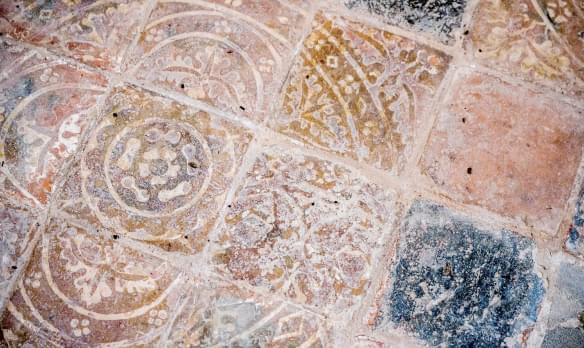
St Clement
Burnham Overy, Norfolk | PE31 8HX
St Clement's is the most distinctive of all the Burnham churches with its large, square, Norman tower and chancel and nave at either side.
Search for a fascinating place to visit, or see the variety of churches, chapels and meeting houses we have supported.

Burnham Overy, Norfolk | PE31 8HX
St Clement's is the most distinctive of all the Burnham churches with its large, square, Norman tower and chancel and nave at either side.
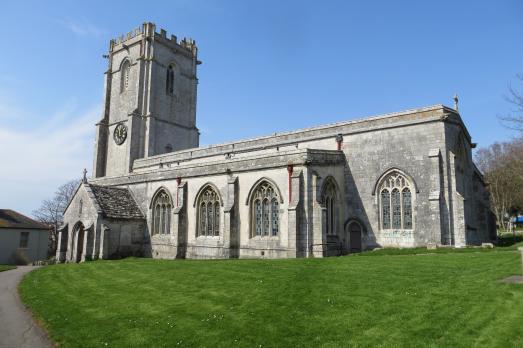
Wyke Regis, Dorset | DT4 9ES
Weymouth's original parish church and an important example of the Perpendicular style from the 15th century.
We have supported this church
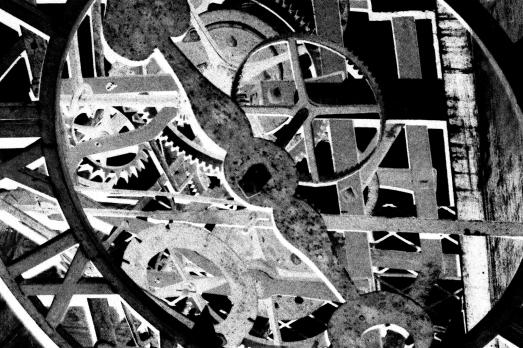
Alston, Cumbria | CA9 3QW
Set in the beautiful North Pennines, Alston is the highest market town in England and St Augustine's houses the unique single handed Derwentwater Clock.
We have supported this church
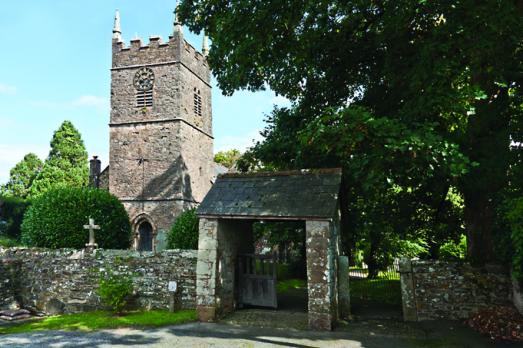
Northlew, Devon | EX20 3NY
A welcoming Grade I listed rural church with interesting Tudor bench ends and carvings.
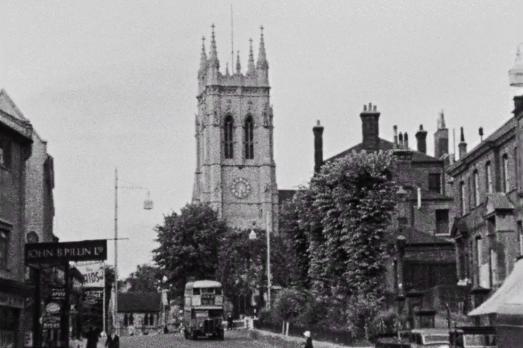
Beckenham, Greater London | BR3 1AX
Beckenham as a settlement dates from 862.
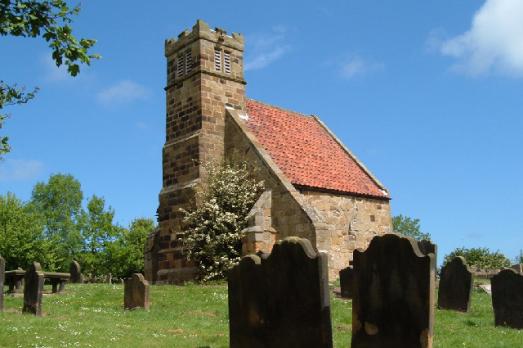
Upleatham, Yorkshire | TS11 8AG
This tiny church is in fact the remnants of the original church of the village of Upleatham, northwest of Whitby.
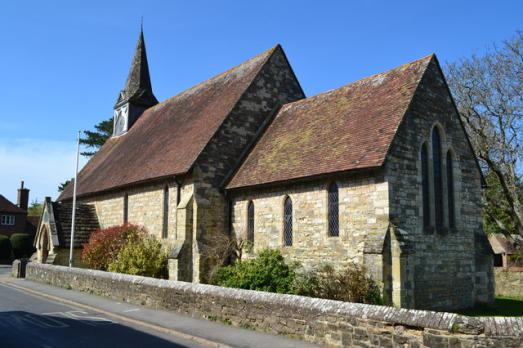
Plaistow, Sussex | RH14 0PU
Holy Trinity is in the centre of the village, opposite The Sun Inn, next to the school and village pond.
We have supported this church
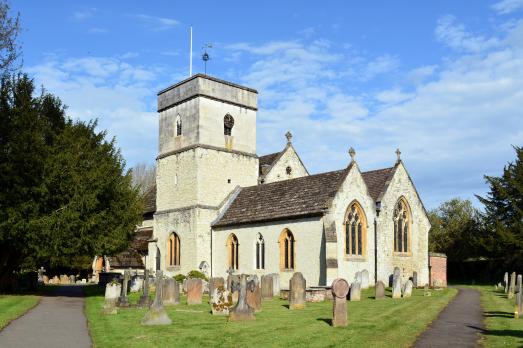
Betchworth, Surrey | RH3 7DN
A large rural church with parts dating from the 12/13th century having connections with three Royal Surgeons and which featured in the film Four Weddings and a Funeral.
We have supported this church
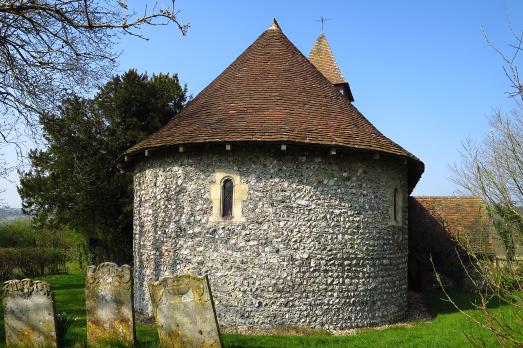
North Marden, Sussex | PO18 9JU
A hidden gem of tranquillity.

Forestside, Sussex | PO9 6EE
An unusual church of flint masonry and Caen stone, it is located in the village of Forestside on the Stansted Estate which is a favourite for visitors exploring the area's tranquil forest trails.

Clare, Suffolk | CO10 8NY
Clare's church, built in the centre of the little town with handsome house on all sides, is a large building in the Perpendicular style, reflecting the prosperous times in which it was built.
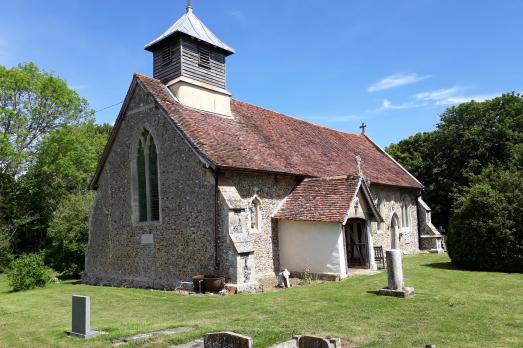
Ovington, Suffolk | CO10 8LD
St Mary set in open countryside in rural north Essex.